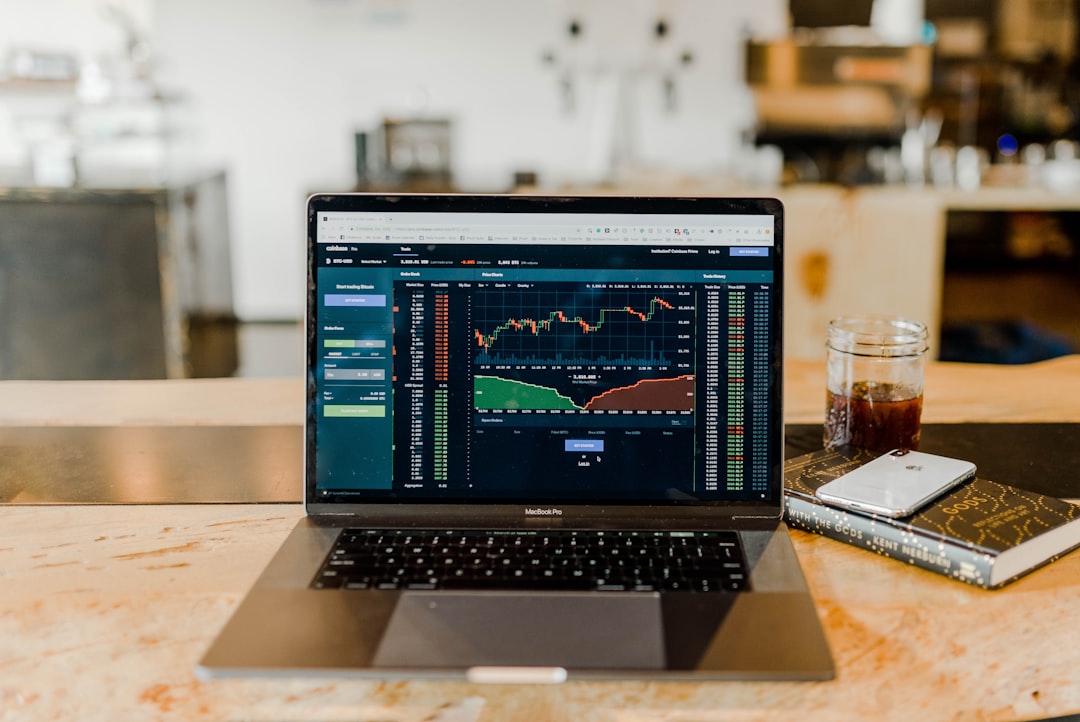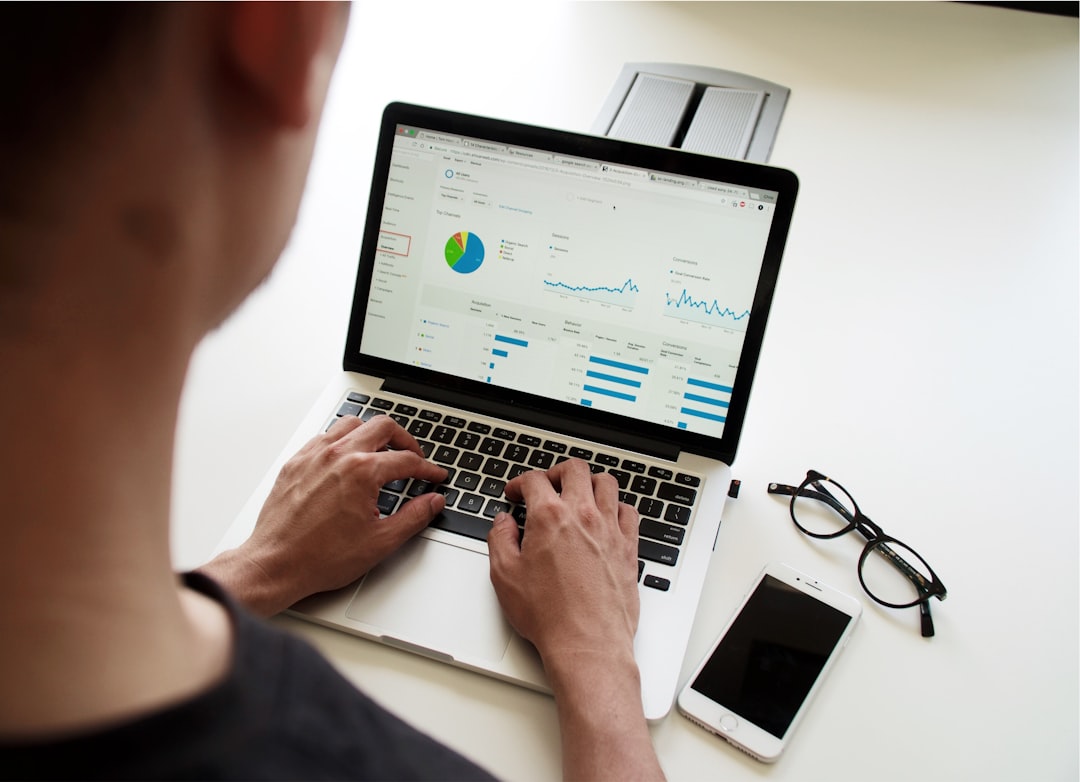
Economic Policy Changes: What They Mean for You
# Introduction. Economic policies play a vital role in shaping the environment in which businesses operate and individuals manage their finances. As governments respond to changing economic conditions, the policies they enact can have profound effects on inflation, employment, taxation, and much more. This blog post will delve into the recent changes in economic policies and discuss their implications for you, the consumer, employee, or business owner. # Understanding Economic Policy Changes. Economic policy can broadly be categorized into two types: fiscal policies and monetary policies. Fiscal policies involve government spending and taxation decisions, while monetary policies relate to the management of money supply and interest rates, typically conducted by a nation's central bank. In recent years, shifts in economic policy have been prompted by global events, including the COVID-19 pandemic, rising inflation, and geopolitical tensions. For instance, governments worldwide have implemented stimulus packages to help households and businesses weather the impacts of the pandemic. This flexibility aims to maintain economic stability during tumultuous periods, but it can also lead to other long-term effects, which we will explore. # Inflation and Interest Rates: What to Expect. One of the most immediate effects of policy changes is inflation. Governments may urge central banks to keep interest rates low to encourage borrowing and spending. However, prolonged low interest rates can lead to overheating economies, resulting in increased prices for goods and services. This inflation can erode purchasing power, causing a significant impact on families. On the other hand, as economies stabilize and the demand for goods increases, central banks may decide to raise interest rates in an attempt to control inflation. Higher interest rates can make borrowing more expensive, influencing over individual choices regarding loans, credit cards, and mortgages. Understanding this dynamic is critical in planning your finances effectively. # Impact on Employment and Job Market. Changes in economic policy can also drastically affect the job market. For example, when governments invest in infrastructure projects, it can lead to job creation and lower unemployment rates. Conversely, austerity measures or cuts to spending can have the opposite effect, leading to job losses in public sectors and reduced services, affecting thousands of workers. Transitioning towards renewable energy, as seen in the U.S. and parts of Europe, can create new employment opportunities while also affecting traditional industries such as fossil fuels. If your industry is undergoing these changes, remaining proactive in skill development and adaptation will be crucial for job security and career growth. # Implications for Small Businesses. Economic policy changes can significantly impact small business owners as well. For instance, tax cuts intended to stimulate growth can provide a much-needed boost, allowing entrepreneurs to invest in their operations. Conversely, tax increases or new regulations may strain small businesses struggling to maintain profitability. Additionally, access to loans can be impacted by interest rate changes. If the rates rise, small businesses may find it challenging to secure financing for expansion or daily operations. Support systems and grants provided by governments can also mitigate these challenges, helping small businesses adapt to new environments. # The Broader Economic Landscape. It is vital to recognize that economic policy changes do not occur in a vacuum. Global challenges, such as climate change and economic inequality, have led to calls for systemic changes in how policies are designed and implemented. Increased scrutiny over corporate practices and consumer habits has led to more emphasis on sustainability and ethical standards in business practices. As an individual or consumer, becoming aware of these trends can help align your purchasing and investment decisions with the broader pulse of societal changes. This reorientation can strengthen your position in an evolving marketplace. # Conclusion. In conclusion, staying informed about economic policy changes is vital for everyone, from average citizens to business owners. These policies not only impact the economy at large but also tangibly affect your financial decisions, job security, and daily lives. By understanding and anticipating these changes, you can better prepare yourself for their implications, ensuring that you remain resilient in today's dynamic economic landscape. Keep monitoring reputable news sources and engage in discussions to stay ahead of the curve, and make your voice heard when it comes to issues that matter to you and your community. # Images **Economic Policy Changes Impact** **Household Budgeting Strategies** **Job Market Updates** **Small Business Financing** **Global Economic Trends** .







